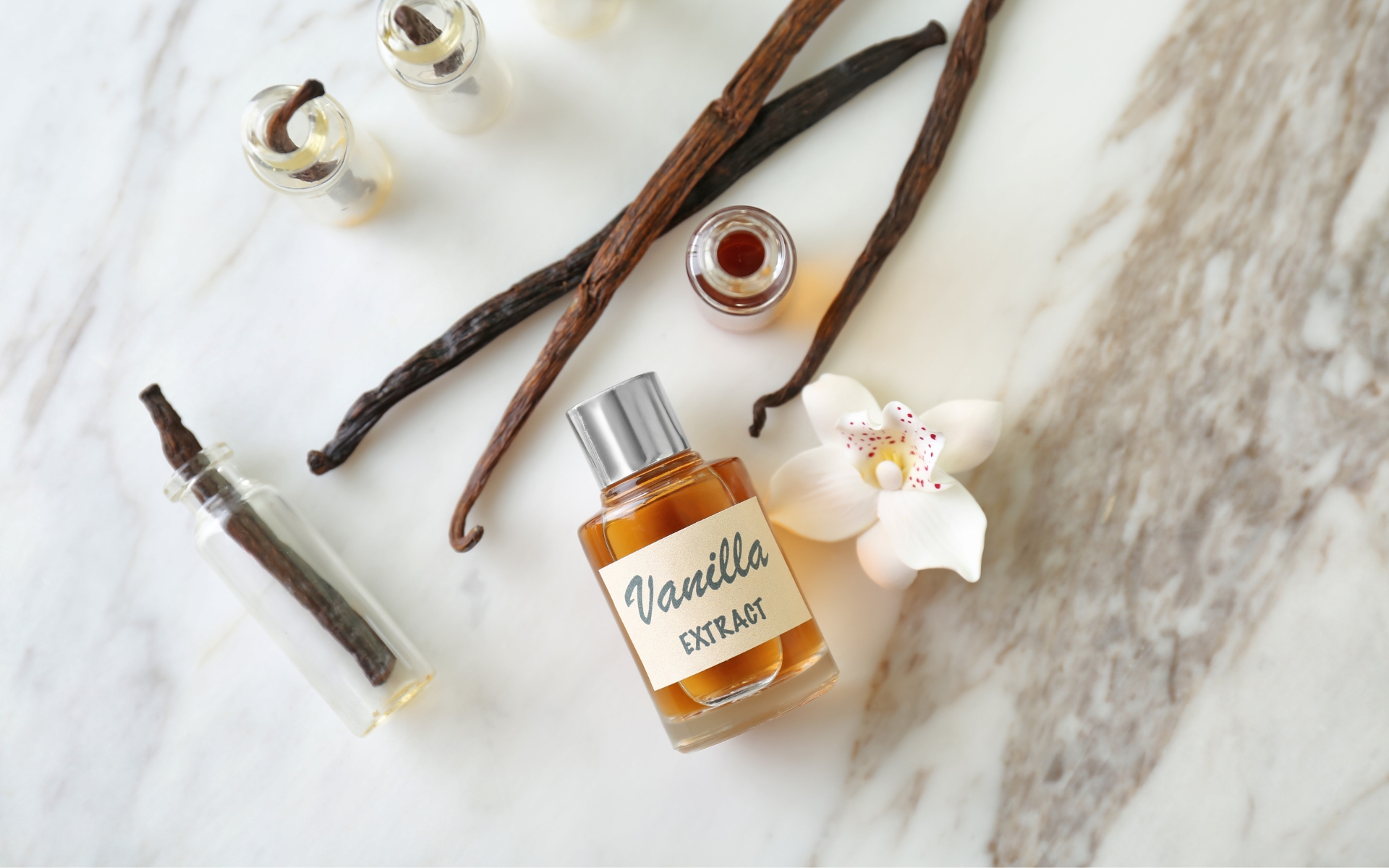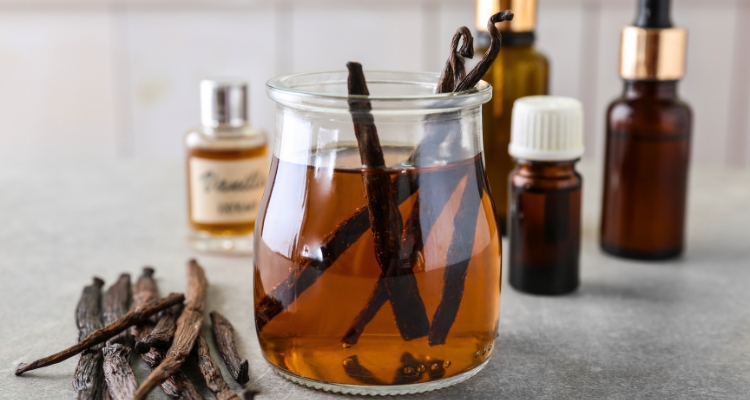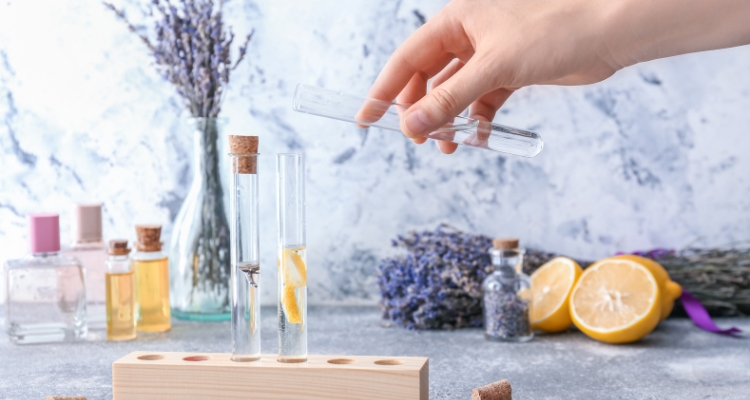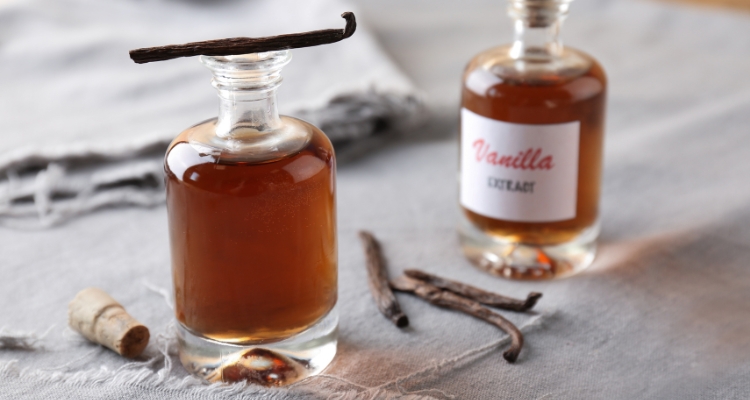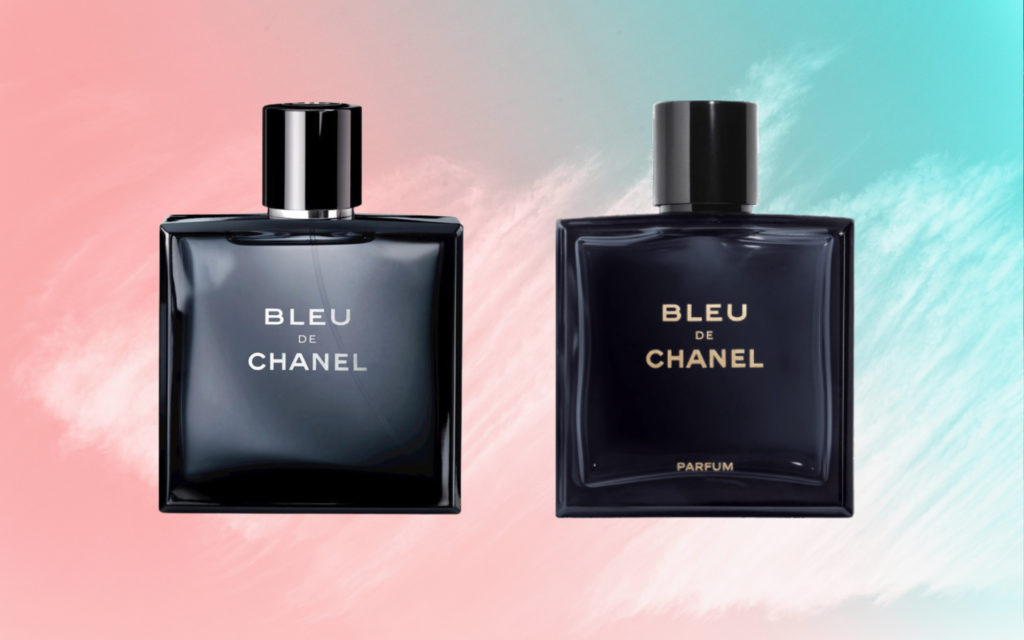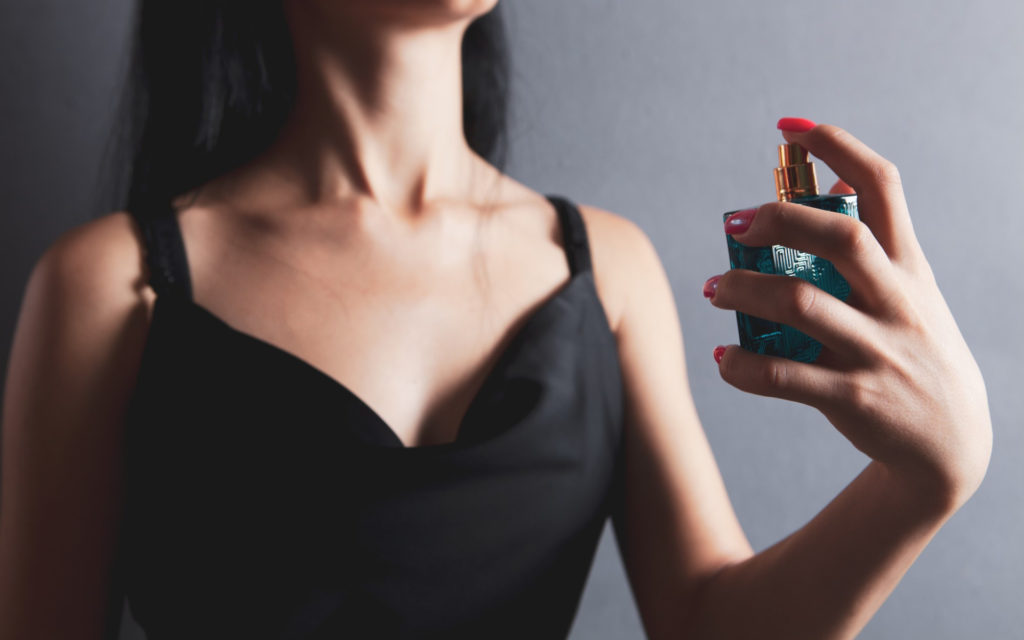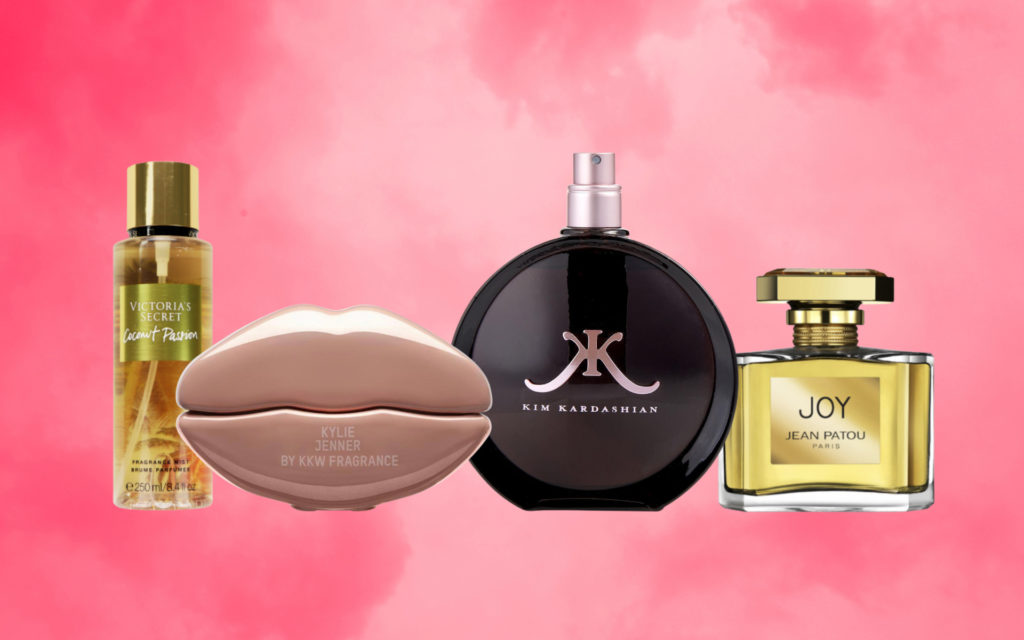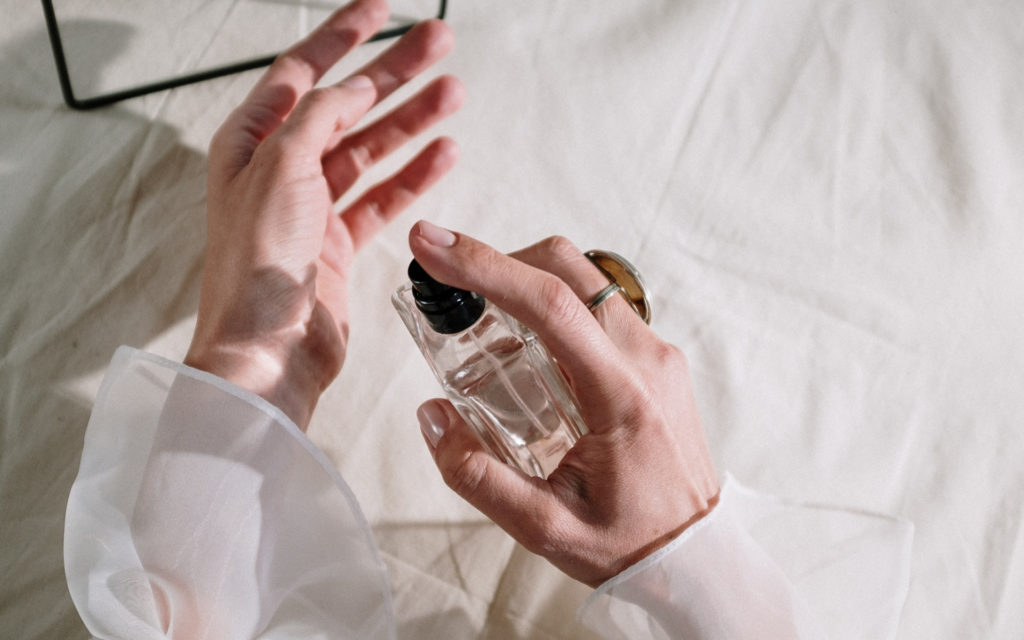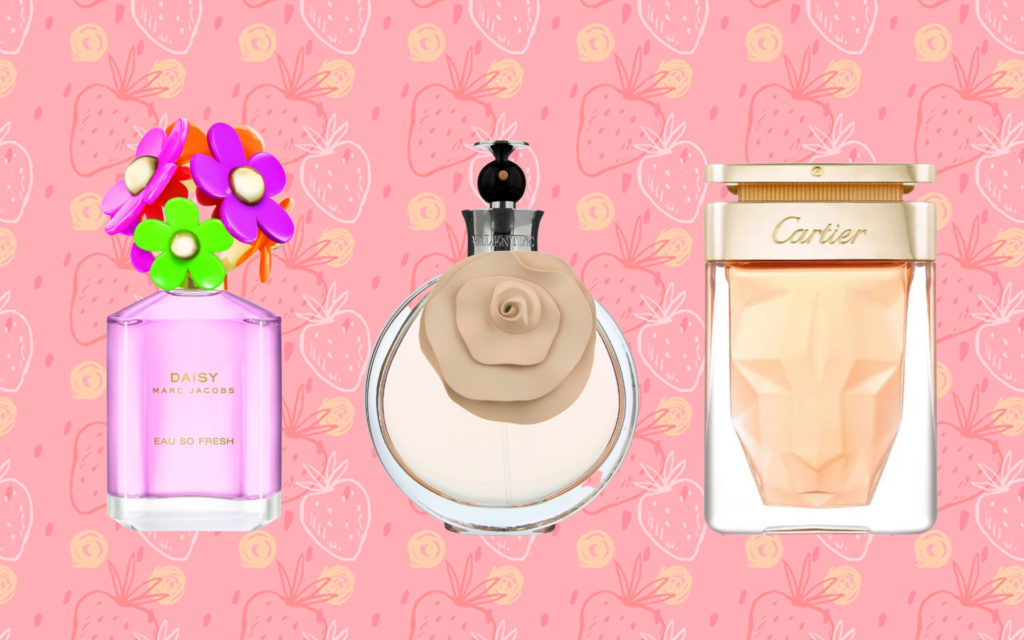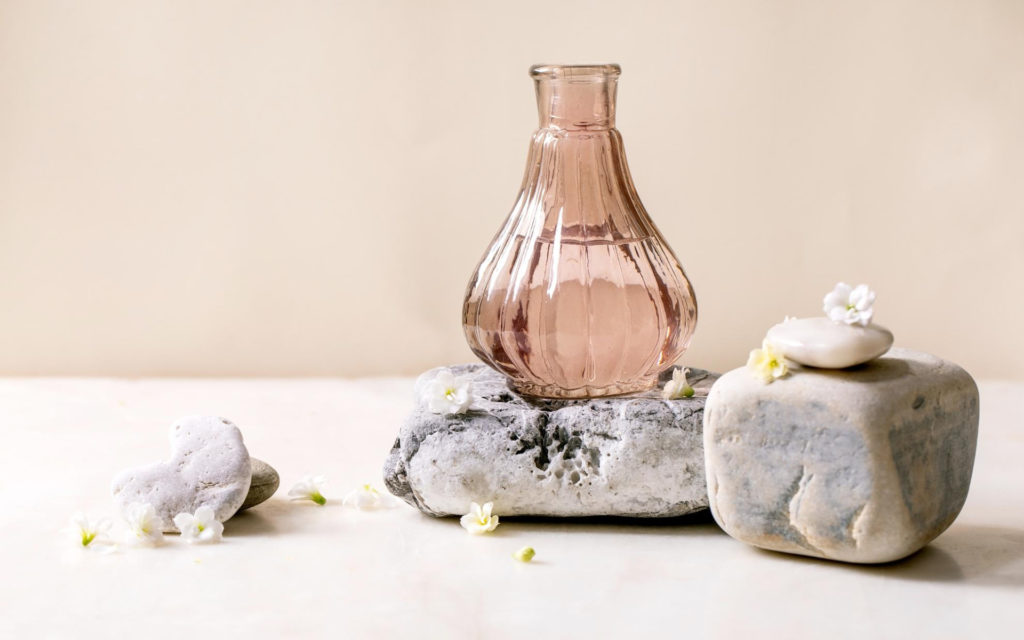Have you ever contemplated stepping outside the conventional realm of perfume and exploring the delectable allure of vanilla extract?
Surprisingly, vanilla extract, known for centuries as a culinary delight, boasts a rich, indulgent aroma that extends beyond the kitchen.
In this blog post, we’ll embark on a journey to unravel the fascinating world of vanilla extract as an unconventional yet enticing scent option.
From safety considerations to innovative homemade application techniques, join us as we delve into the realm where your favorite baking ingredient transforms into a delightful personal fragrance.
Is Vanilla Extract Safe to Use as Perfume?
Vanilla extract is not recommended for use as a perfume. While it does have a pleasant vanilla scent, it is primarily designed for culinary purposes and may contain alcohol and other ingredients that can be harsh on the skin and may cause irritation.
Perfumes are specially formulated to be skin-friendly and have a more complex and balanced fragrance profile.
If you’re interested in a vanilla-scented perfume, it’s best to opt for a commercially available fragrance that is specifically designed for use on the skin. These perfumes are formulated to provide a long-lasting, pleasant scent without causing skin irritation or other adverse effects.
Understanding Vanilla Extract
Vanilla extract, a common ingredient in baking, is a solution containing the flavor compound vanillin. It’s produced by soaking vanilla beans in alcohol and water until the fragrance and taste infuse into the mixture.
The result is a potent, aromatic product treasured for its rich, sweet aroma that seems to elevate everything from cookies to cakes.
Despite being primarily used in culinary applications, some people appreciate its scent so much that they wonder about using it as perfume.
Potential risks of Vanilla Extract on Skin
Using vanilla extract as perfume may seem like a tempting idea, but it’s important to be aware of the potential risks and drawbacks. One key concern is the presence of coumarin in vanilla extract.
Coumarin is a chemical compound that can cause skin irritations and allergies for some people. Additionally, most vanilla extracts contain high levels of alcohol, which can dry out the skin and lead to irritation or even burns if applied directly without dilution.
It’s also worth noting that vanilla extract does not have a long-lasting scent compared to commercially-produced perfumes.
Alternatives to Vanilla Extract for Perfume
Other Natural Fragrance Options
There are plenty of natural fragrance options to explore besides vanilla extract. Essential oils, for example, offer a wide range of scents that can be used as perfumes.
Lavender, rose, citrus, and sandalwood are just a few examples of essential oils that can be blended together or used individually to create unique fragrances.
Other natural options include infused oils made from herbs such as mint or chamomile. You can also experiment with combining different scents to create your own personalized perfume.
Benefits of Essential Oils
Essential oils are natural plant extracts that can offer a wide range of benefits for perfume-making. They are highly concentrated and have strong aromas, making them ideal for creating unique scents.
For example, lavender essential oil is known for its calming properties, while citrus oils like orange and lemon can provide an uplifting and refreshing fragrance. Other popular essential oils include rose, jasmine, peppermint, and sandalwood.
By using essential oils in your homemade perfumes, you can customize the scent to suit your preferences and enjoy the therapeutic effects of these botanical extracts.
How to Use Vanilla Extract as Perfume
If you choose to experiment with vanilla extract as a fragrance, start by diluting it with a carrier oil like almond or jojoba. Mix 1-2 drops of vanilla extract with every tablespoon of carrier oil. This will help prevent any potential skin irritation.
Apply a small amount to your pulse points, like wrists and neck, and then gently rub them together. You can also spray the diluted mixture onto your clothes for a longer-lasting scent.
Remember, less is more when it comes to applying fragrances – start with just a little bit and add more if needed.
Conclusion
While the idea of using vanilla extract as a perfume is intriguing, it’s important to note that it’s not the most recommended choice for several reasons.
The extract can potentially irritate the skin or trigger allergic reactions, making it less suitable for direct application. Secondly, its longevity on the skin is pretty limited.
Exploring alternatives like essential oils is a safer and more enduring option if you’re interested in natural fragrances.
If you’re specifically seeking the delightful scent of vanilla as a perfume or cologne, there are a plethora of commercially available fragrances that capture this essence beautifully.
These options not only provide a longer-lasting and skin-friendly experience but also offer a more nuanced and complex vanilla fragrance profile to enjoy.
FAQs
Does vanilla extract last as perfume?
Vanilla extract is not an ideal choice for a long-lasting perfume. While it does have a pleasant vanilla scent, it lacks the longevity and complexity of commercial perfumes.
Vanilla extract is primarily designed for culinary use, and its aromatic compounds are not formulated to adhere well to the skin or provide sustained fragrance throughout the day.
Is it attractive to smell like vanilla?
Smelling like vanilla can be quite attractive to many people. Vanilla is often associated with warmth, comfort, and sweetness, evoking feelings of nostalgia and happiness. Its subtle and soothing scent can be inviting and alluring, making the wearer seem approachable and friendly.
Is vanilla extract good for your skin?
Vanilla extract is generally not recommended for direct application to the skin in its pure form.
While it has some antioxidant properties that may offer mild benefits for the skin, it also contains alcohol and other compounds that can be potentially irritating or drying when applied directly. This is why it is important to dilute if you are applying to your skin.
